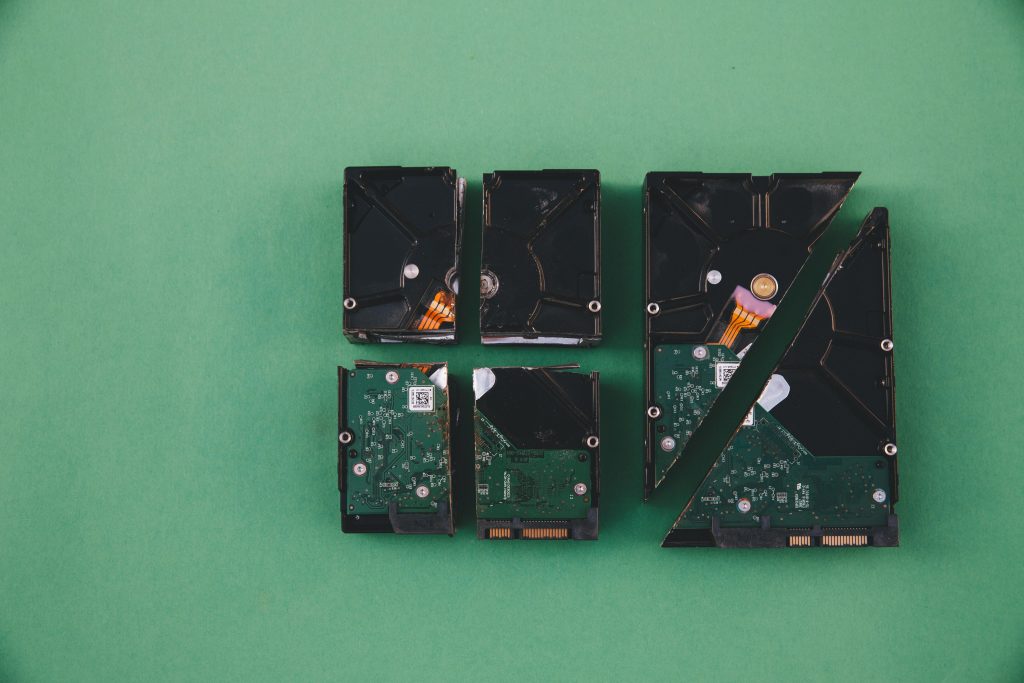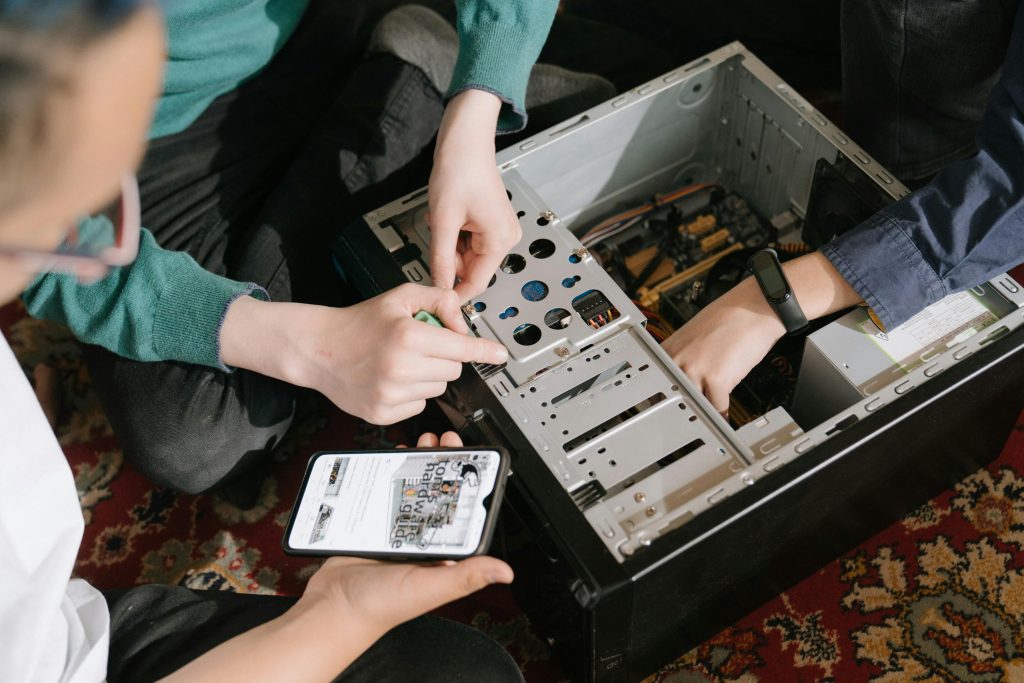Learning from Disaster: The Importance of Regular Server Maintenance
Today, I encountered a challenging situation that highlights the critical importance of maintaining server health and regular backups. A customer’s server, housing vital data, unexpectedly failed—after three years of warnings about its deteriorating condition.
Both hard drives had clearly seen better days; their performance had likely been declining for years. The server’s LED indicators were so dim that I initially thought they were burnt out, and the warning lights for drive errors suggested a serious issue.
In an effort to salvage the data, I attempted to rebuild the RAID 10 array, but unfortunately, the damage to the remaining drive was too severe. The last successful backup was taken just two days before the server’s demise, and while we are currently working to extract the most crucial files from it, it’s likely that the backup may be corrupted as well.
This particular server was running on Windows Server 2008, which means we will now face the daunting task of creating a new Active Directory and migrating all connected computers. This process will incur significant labor costs and time for our customer—far more than it would have if regular maintenance had been performed.
Reflecting on this situation raises a poignant question: Was it truly worth it for the customer to operate a server well beyond its expected lifespan, ultimately resulting in weeks of lost work? In the end, a new server is now required, but it must first be prepared in our workshop before it can be installed on-site.
The key takeaway from this experience is clear: Don’t skimp on your company’s primary server. Regular maintenance, timely upgrades, and consistent backups are essential for preventing data loss and minimizing downtime.
As an aside, I must mention—I have never seen a server so dirty in my career. One has to wonder if someone was regularly smoking in the server room! Such negligence can contribute to hardware failure, underscoring the importance of a clean environment for any server setup.
Investing in your server’s health is not just a smart decision; it’s necessary to safeguard your business against unforeseen disasters.
Share this content:



